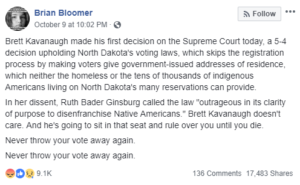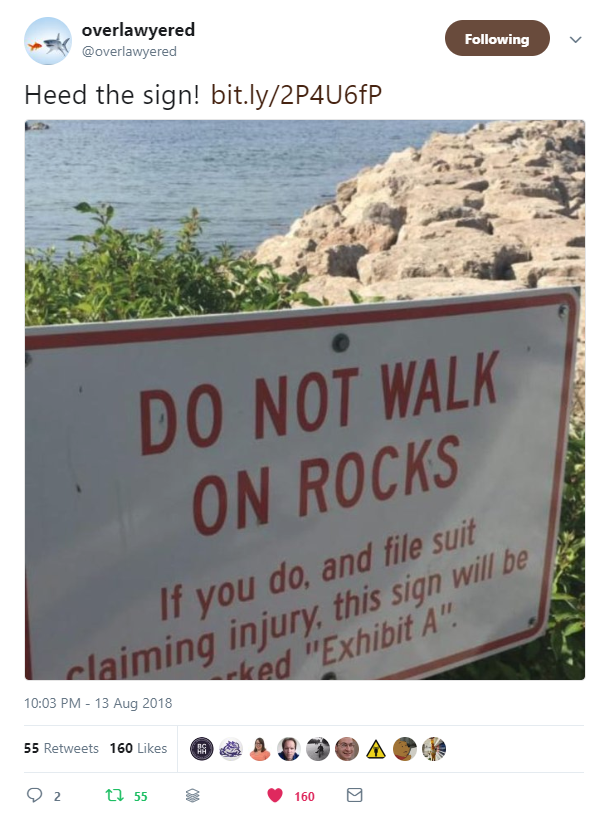“Sony Music Entertainment has been forced to abandon its claim that it owned 47 seconds of video of musician James Rhodes using his own piano to play music written by Johann Sebastian Bach.” After Rhodes posted the video to Facebook, Sony sent a takedown notice saying that the performance “matches 47 seconds of audio” owned by Sony. Match-detecting algorithms have become commonplace in the copyright takedown field; in this case, Sony backed down after Rhodes’s tweet about the situation got considerable attention. [Timothy Lee, ArsTechnica]
Sony does own the rights to the performances of important Bach interpreters such as Glenn Gould, so it is possible that a performance influenced by Gould’s would be especially likely to trip a similarity algorithm. But it gets worse. Last year an Australian music teacher named Sebastian Tomczak “posted on YouTube a 10-hour recording of white noise as an experiment” (in sound perception, not copyright practice) and “within days, the upload had five different copyright claims filed against it. All five would allow continued use of the material, the notices explained, if Tomczak allowed the upload to be “monetized,” meaning accompanied by advertisements from which the claimants would get a share.” [Joseph Bottum, Free Beacon]
And finally, from my own recent experience: a comment from a local performance group’s Facebook page about how a recording of a sing-through of Gilbert & Sullivan Utopia, Ltd. triggered a takedown based on supposed copying of an entirely different work, Rossini’s William Tell. The passage that showed too much similarity? The audience applause!


